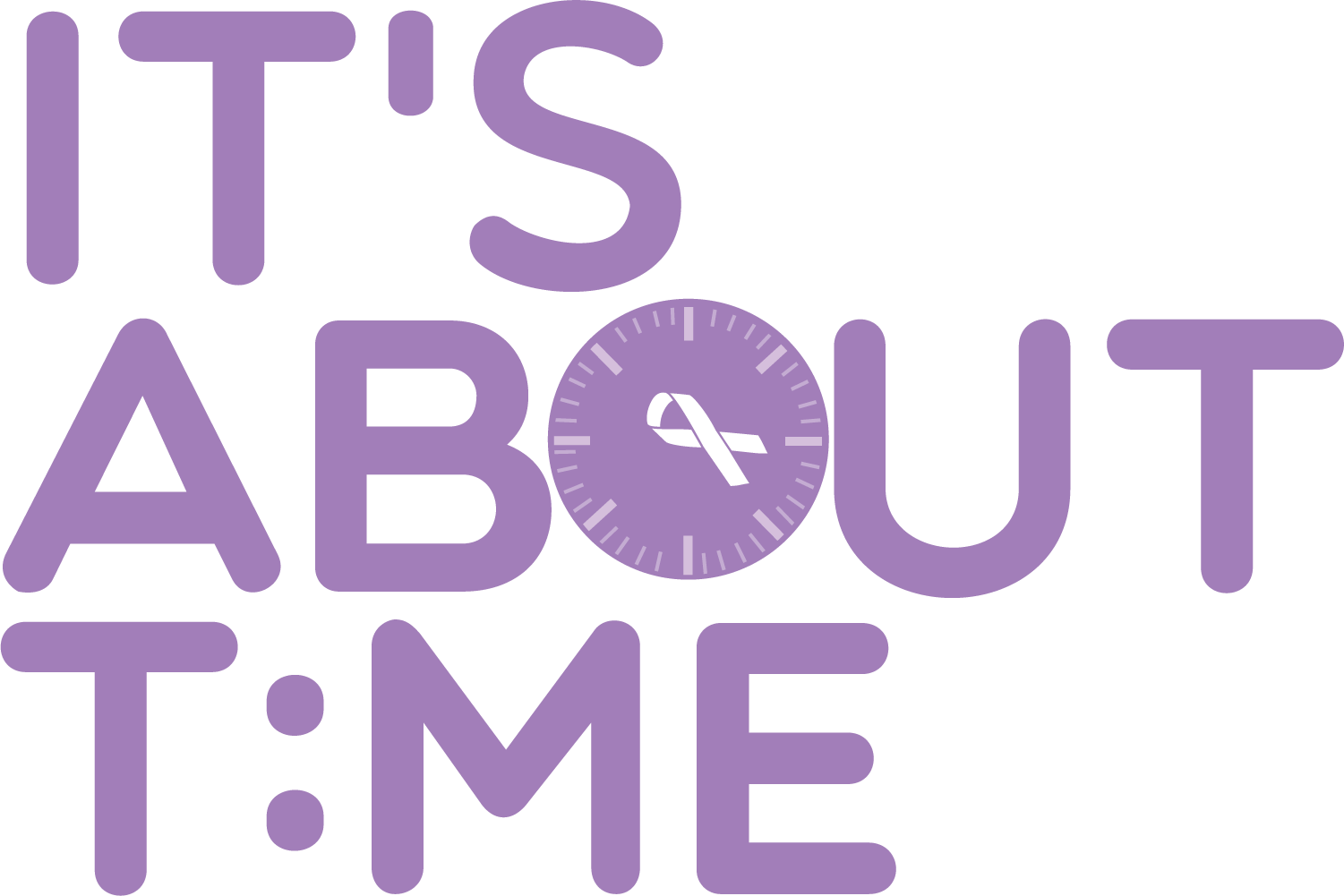The will to survive | One woman’s story of living with MBC
"If my story reaches one person and helps, then it’s worth it.”
The hardest thing for Heather Tewell Youngs to do is quit on life. She just refuses. And she has a lot to live for.
“I’ve got my son and my daughter,” she said. “And if my story reaches one person and helps, then it’s worth it.”
The 49-year-old Great Bridge resident was first diagnosed with breast cancer Oct. 1, 2008.
“It was my birthday and my son was 6 months old, and I was breast-feeding him,” she said. “I had just had a mammogram and I was called right back into the office.”
“The diagnosis was stage 3 breast cancer right on the cusp of stage 4,” Tewell Youngs said. “I had a mastectomy, radiation and gene-testing.”
She felt as if her world was turned upside down. Initially, she was in denial.
The diagnosis came during October, traditionally Breast Cancer Awareness Month, an annual health campaign held by major breast cancer charities. Emphasis is on increasing awareness and raising funds for research, prevention and cure.
So after treatment that included a double mastectomy, Tewell Youngs thought she was essentially cured and cancer-free. But on Nov. 15, 2015, she was diagnosed again with cancer, this time stage 4.
“This time it was in my liver and bones as stage 4, and I was in shock,” she said. “You kind of go along thinking if you do certain things you’ll be cured.”
“I wish someone had told me that three out of every 10 women with breast cancer will develop metastatic cancer,” Tewell Youngs added. “There is no cure for this type of cancer once it’s outside the breast and ends up in bones, liver or somewhere else.”
Dr. Thomas Alberico, medical oncologist and hematologist at Virginia Oncology Associates in Virginia Beach who treats Tewell Youngs, confirmed that statistic.
“Whether it’s one or two years or longer when the cancer relapses at a site outside the breast, it’s still considered stage 4,” he said. “And if just one cell is not removed during the initial breast cancer treatment, the cancer can return, and it’s still considered breast cancer no matter where it shows up.”
Tewell Youngs ended up temporarily relocating to North Carolina where she underwent eight months of chemotherapy treatment for the metastasized cancer at Duke Cancer Institute.
Her life was in a tailspin. She was still grieving over the death of her husband, Thomas Grace, in 2014, and while at Duke, her son was in a serious car accident that almost took his life.

